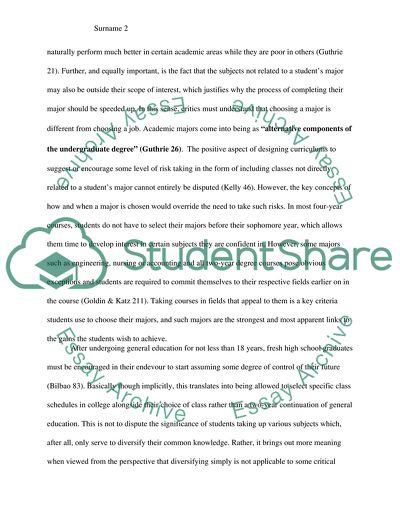Cite this document
(College Curriculum Assignment Example | Topics and Well Written Essays - 1750 words, n.d.)
College Curriculum Assignment Example | Topics and Well Written Essays - 1750 words. https://studentshare.org/education/1832329-college-curriculum
College Curriculum Assignment Example | Topics and Well Written Essays - 1750 words. https://studentshare.org/education/1832329-college-curriculum
(College Curriculum Assignment Example | Topics and Well Written Essays - 1750 Words)
College Curriculum Assignment Example | Topics and Well Written Essays - 1750 Words. https://studentshare.org/education/1832329-college-curriculum.
College Curriculum Assignment Example | Topics and Well Written Essays - 1750 Words. https://studentshare.org/education/1832329-college-curriculum.
“College Curriculum Assignment Example | Topics and Well Written Essays - 1750 Words”. https://studentshare.org/education/1832329-college-curriculum.


